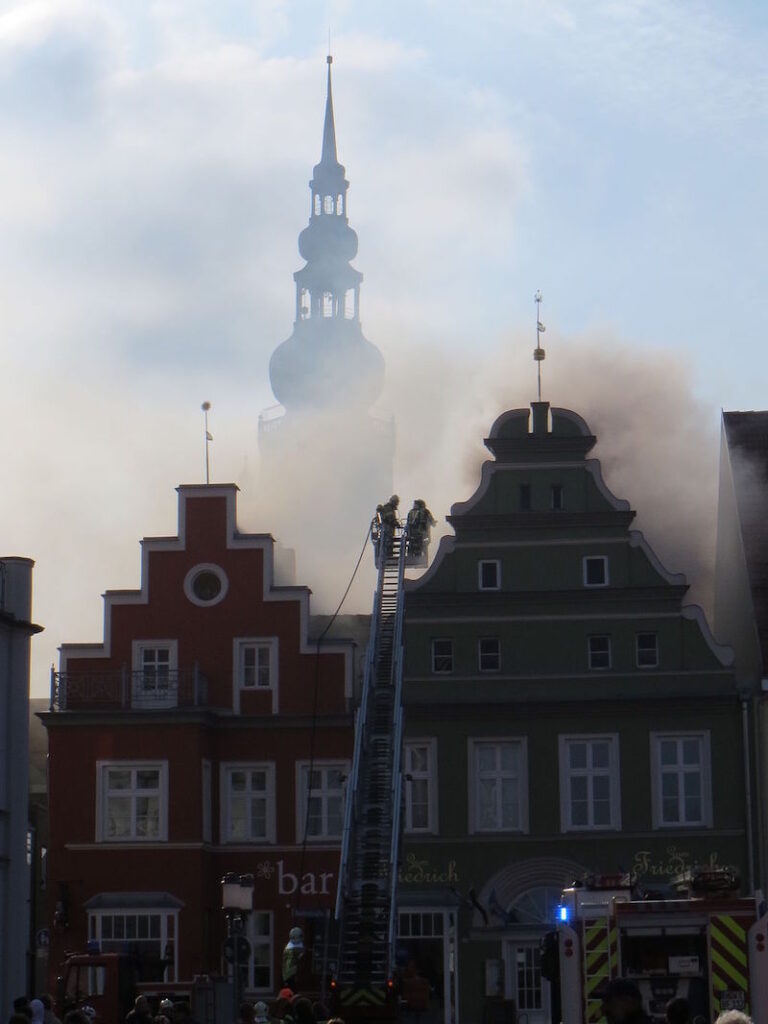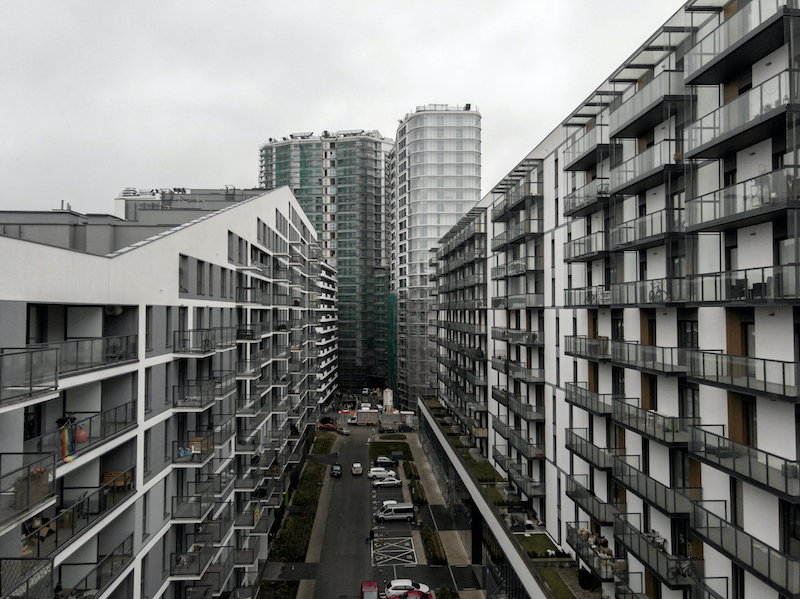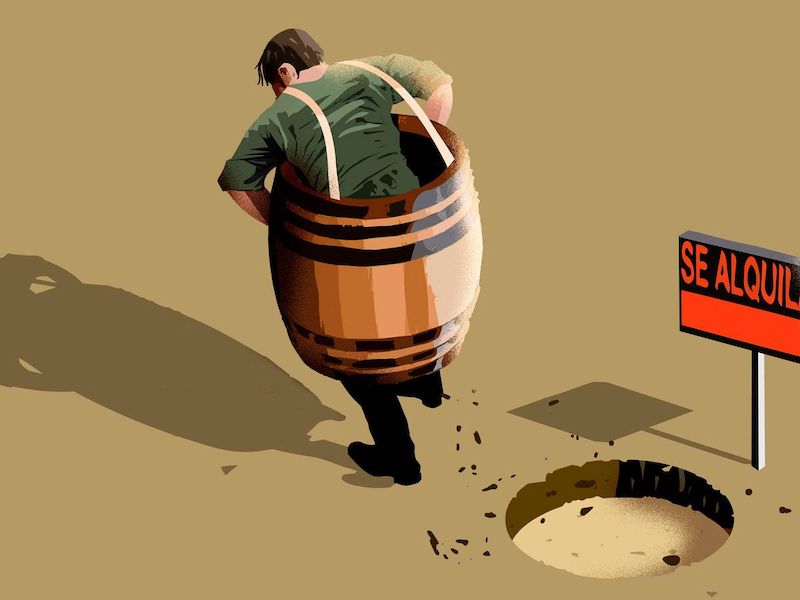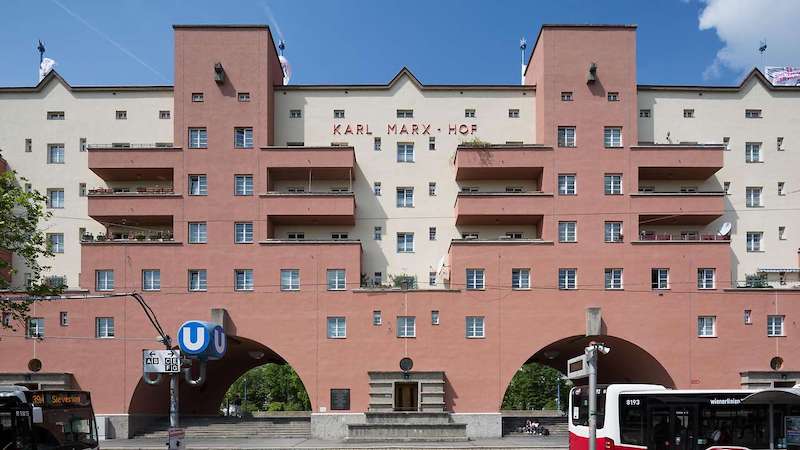Building more is not the way to solve the housing crisis. Furthermore, it fuels another crisis: climate change. The building and construction sector accounts for almost 39% of energy and process-related carbon dioxide (CO2) emissions. Eight percent alone are caused by cement production. Maybe we simply should build less.
There is not really a shortage of living space in Germany, but we are facing a problem of distribution instead: Elderly people are continuing to live in the houses where they have raised their children, and these children are struggling to find a flat on their own. The amount of single households is rising, and all of them need a kitchen and a bathroom for an individual occupant, which means a lot more square meters.
Since 1960, the average available living space per person has increased by almost one and a half times: from 19 square meters to almost 48 in 2021. In Berlin, 25% more living space has been built since 1989, while the population has grown by only 10%. But even today, poorer people live in overcrowded apartments.
What we need is a change of perspective: we need to look for solutions on how to share the housing space we already have. This could mean swapping apartments between those who need more space and those who don’t, and developing new models of living. If we push these solutions, we could build much less – and reduce climate pollution, which is urgently needed.
Our house is on fire, as Greta Thunberg has put it. We should extinguish the flames burning the house we already have – by building less.






